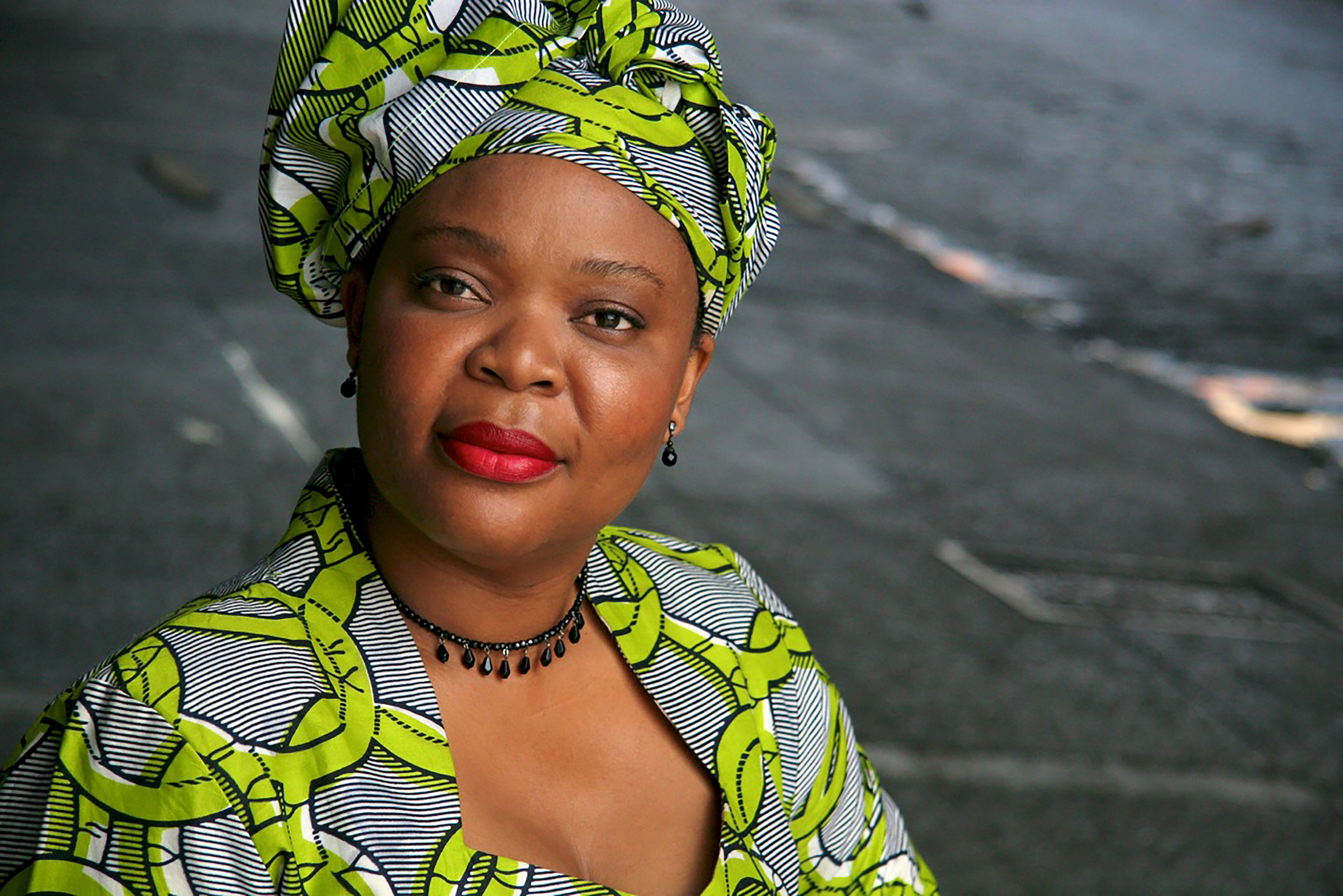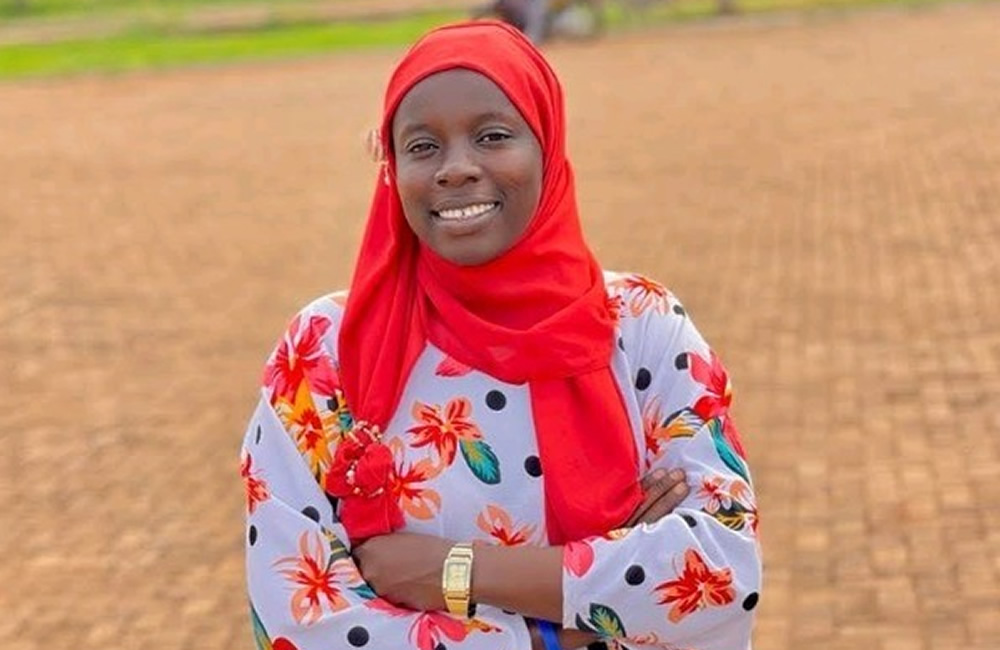Today as part of our series on African Heroes suggested by you, our audience, we’re profiling Liberian peace activist Leymah Gbowee. Gbowee’s story is inspiring and extraordinary and remind us of the old proverb…
“If you think you’re too small to make a difference try spending the night in a tent with a mosquito”
Nobel Laureate Leyma Gbowee is a peace activist par excellence. She has been credited with helping to end the Second Liberian Civil War by mobilising women across the country to take a stand against the violence.
Gbowee studied social work at university and began volunteering for the Trauma Healing and Reconciliation Program in Monrovia. This was the first step to becoming a peace activist and she went on to use this training to help rehabilitate ex child soldiers. During her training she became increasingly interested in women’s rights.
In 2000 she co-founded the Women in Peacebuilding Network (WIPNET). At their first meeting there were women from across West Africa, all in attendance to learn more about peace resolution and reconciliation.
In the spring of 2002, Gbowee was spending her days employed in trauma-healing work and her evenings as the unpaid leader of WIPNET in Liberia. Frustrated and desperate over the seemingly endless civil war Gbowee and fellow activists began to visit mosques, churches, and local markets, delivering flyers promoting peace in an effort to mobilise women and engage them in the peace process.
It was this inclusive approach that encouraged women to come together across ethnic and religious lines, to work towards one common cause: peace. Gbowee became the leader and spokesperson for The Women of Liberia Mass Action for Peace.
She led thousands of woman to Monrovia, the women were dressed in white to symbolise peace. They would stay there for months, in non-violent protest- despite threats from President Charles Taylor. Eventually, following pressure from the demonstrations, Taylor agreed to attend peace talks in Ghana.
The negotiations in Ghana lasted for nearly two months, with no progress, and after months of frustration, Gbowee led a group of several hundred women inside the hotel where the talks were taking place with signs that read “Butchers and murderers of the Liberian people — STOP!”
Gbowee passed a message to the lead mediator and former Nigerian president, General Abubakar that the women would interlock their arms and remain seated in the hallway, until a peace agreement was reached. Abubakar, who proved to be sympathetic to the women, is said to have announced-with a hint of a smile- “The peace hall has been seized by General Leymah and her troops” With Abubakar’s support, the women remained inside the hotel over the following days. These demonstrations might not have definitively ended the war but Gbowee has said that their actions were “the beginning of the end.”
The Liberian war ended officially weeks later, with the signing of the Accra Comprehensive Peace Agreement on August 18, 2003.
In addition to the part in bringing to an end 14 years of war, the women’s movement has been credited with leading Ellen Johnson Sirleaf to victory in the Presidential Elections. Sirleaf is the first elected female country leader in Africa.






